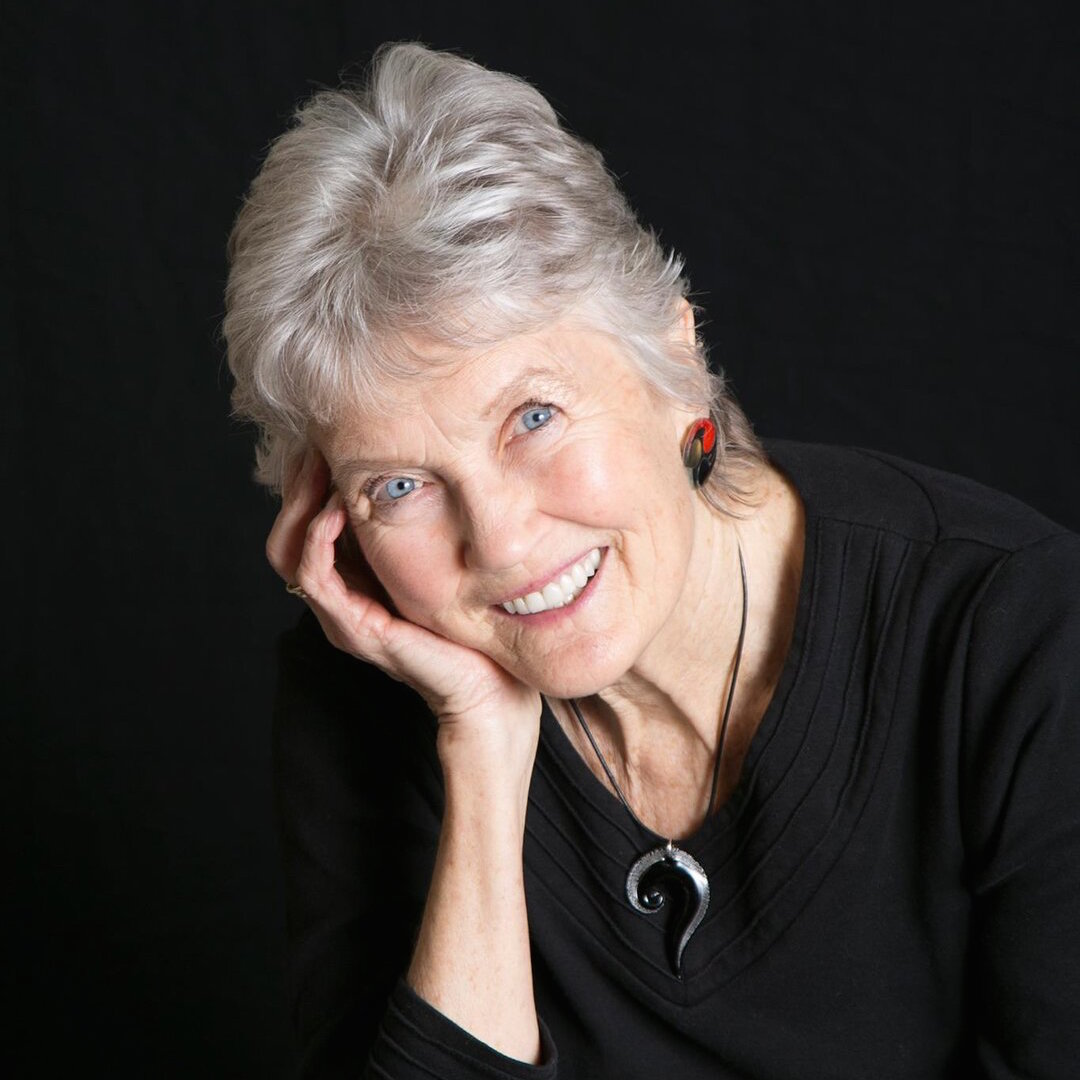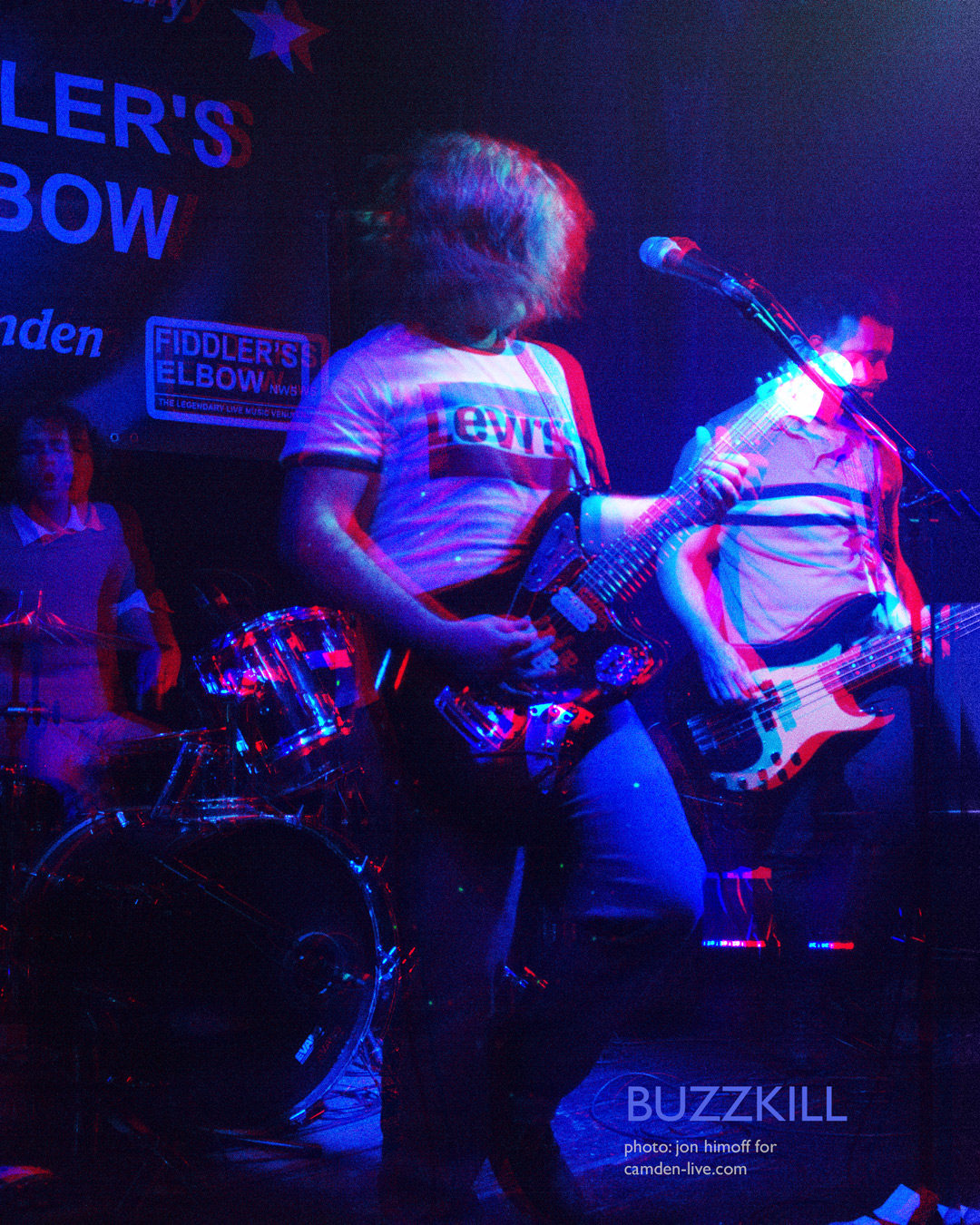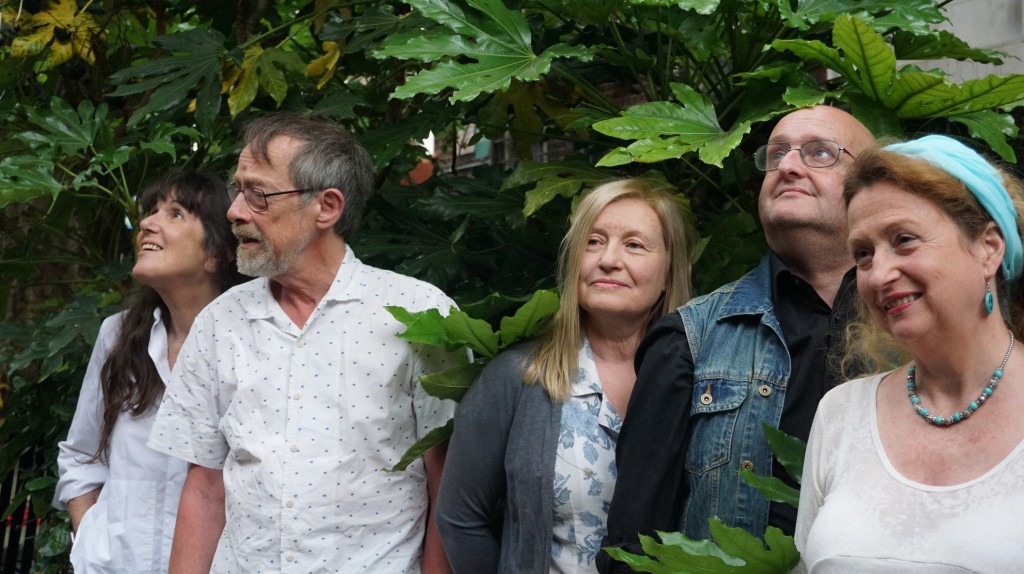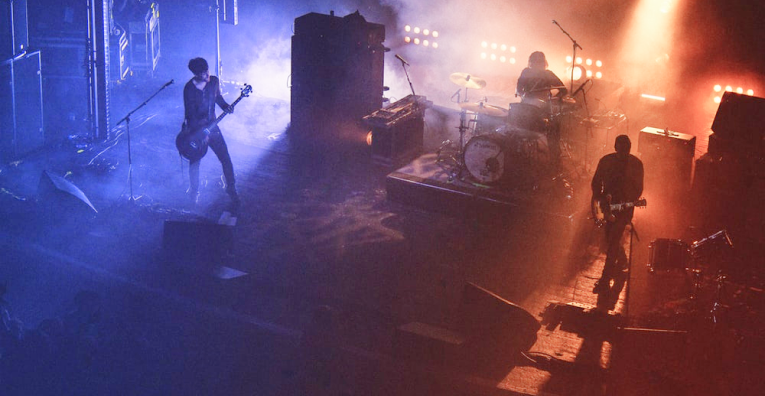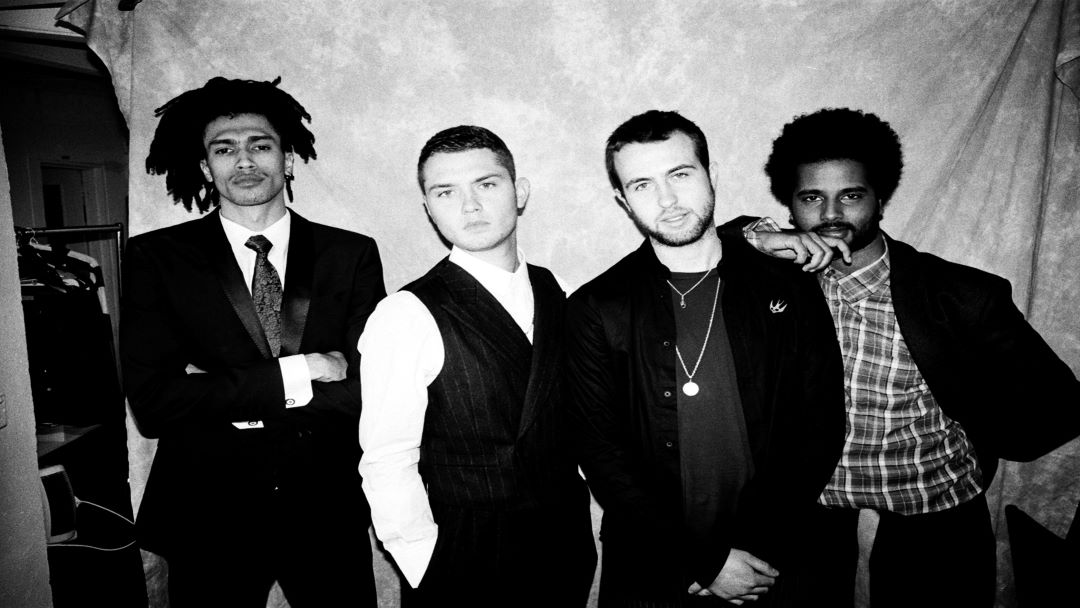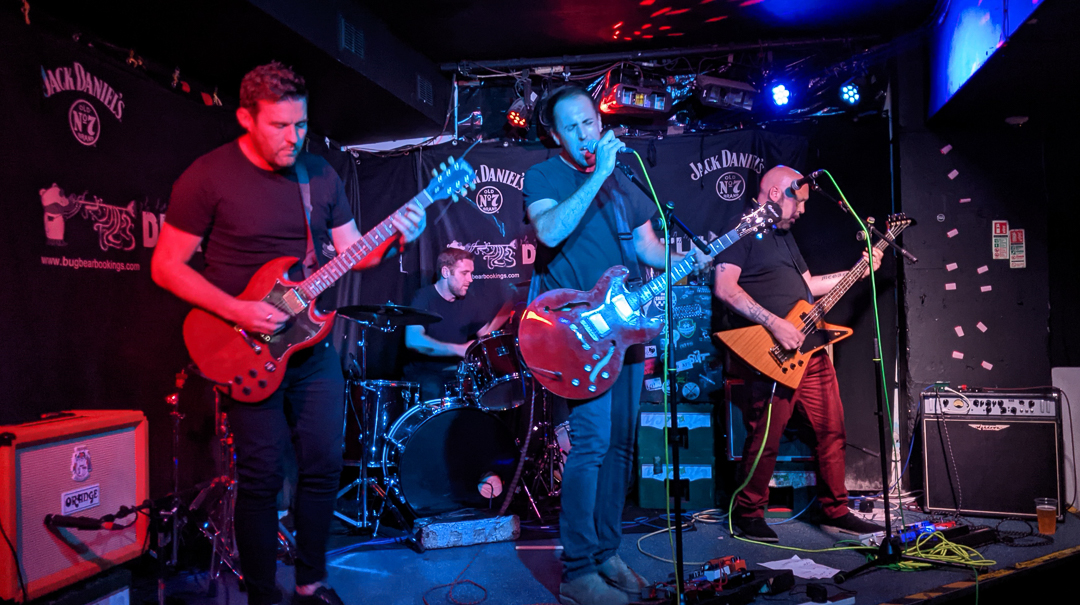Last week I had the rare opportunity to chat with a musician whose history as an influential writer and performer go back to the earliest days of the contemporary music era. Already on her third interview today in preparation for the release of what has been touted as potentially her last ever album of original songs First Farewell, Peggy Seeger still manages to arrive to the conversation in positive spirits, open, engaging and ready to chat.
Though the marks of her creative influence may be less immediately visible than her contemporaries such as Woody Gutherie or her half brother, Pete Seeger those familiar with the melting pot of genres that is the contemporary folk scene will recognise her as a hero to heroes. It’s a well know piece of modern folklore that Bob Dylan and Joan Baez themselves once chased her for an autograph.
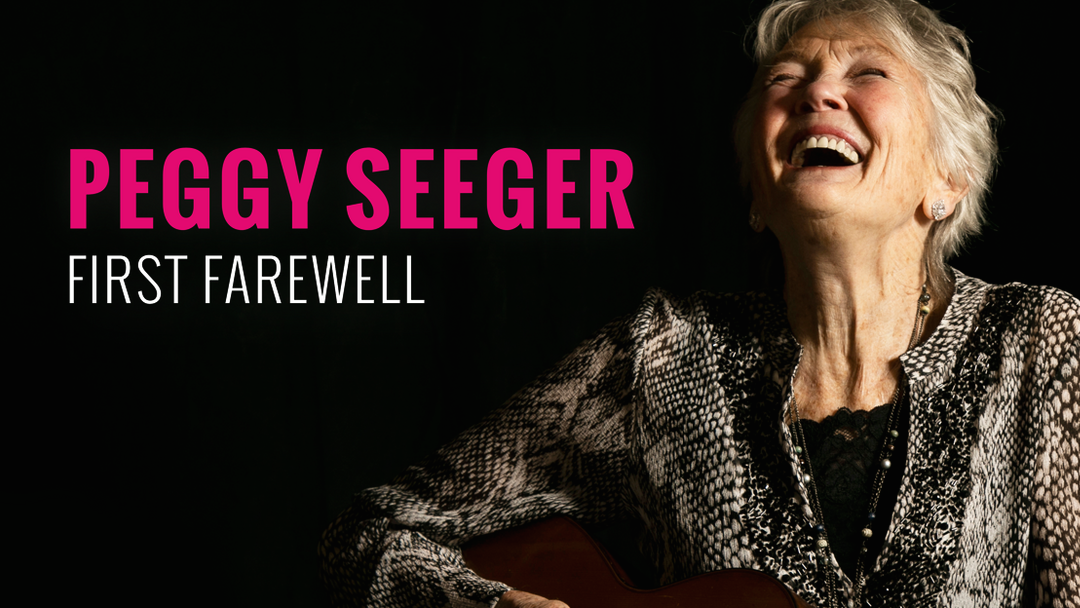
http://vickisharpphotography.com
But in a day and age where the earnest traditions of folk seem distant and disconnected from the electric hum of modern living, Peggy Seeger somehow manages to stay relevant without the necessity to re-sculpt the authentically vintage tone of her music. Her latest album First Farewell is a bittersweet collection of anecdotal musings, touching on love, ecology, feminism and the human condition, told through the lens of time and its part in our lives.
“I’ve been obsessed with time since I was born. The nature of time, I find absolutely fascinating. The fact that everything changes; every millisecond, everything is different, nothing is ever the same. You think it is, but it never ever is in real terms. It hits you when you get to an age, when you realize that you’re going to disappear and when you’re going to become part of time and when nothing will matter anymore.”
The comfortingly sentimental acknowledgement of mortality in the title of the new album is more optimistic than foreboding…
“It began as a semantic joke. ‘First Farewell’ has two meanings for me. My brother, Mike, who’s now gone, was a member of a group called the New Lost City Ramblers. They broke up after 30 years of working together, but they would meet every year for what they called their annual farewell concert. I thought that was funny. To me a farewell is a farewell, excepting when you see someone off on train or an airplane. At Heathrow, where I took a lot of people, including my father the last time I saw him, after you go through that first gate, you walk down a corridor and then you turn to the right. If it’s someone who is really one of your dearly beloveds, they will stand there and give you a second farewell. They’ll wave again and then they will really disappear. So this is my first farewell because I don’t know how long the corridor is, and I don’t know if there’s even a corridor at all.”
Peggy has been a vital component of the folk revival scene since the earliest days of her career. She began making her way across Europe with a banjo, writing and performing before meeting her first life partner, and artistic consort, Ewan MacColl, in London.
“Some of the songs are old… ‘How I Long For Peace’ was written 20 years ago. ‘Tree of Love’ was written 10 years ago. ‘Got to Get Home By Midnight’ I wrote purposefully about six or seven years ago as an encore. That’s pretty egotistical, but it was a song that would help me to get off stage, which is sometimes a bit difficult because people keep clapping! But when you say you’re going home to your gray hair, curly haired, man, they know that I’ve got to go, you know?”
On Thursday 27th May, Peggy Seeger will be performing at the home of the English Folk Dance and Song Society; Cecil Sharp House, accompanied by her son, Calum MacColl. The venue is named after its founder and former Organising Director, esteemed musician and composer, Cecil Sharp. Peggy’s relationship with the venue is long-standing, stemming right back to when she first arrived on our shores and having last performed there just 4 years ago with her sons Calum and Neill MacColl.
“I came to this country for the first time ever on the 27th of March, 1956 and Ewan MacColl landed on me like a ton of bricks. We used to go up to Cecil Sharp House to look up new songs. You could just get into the library and you could play the tapes and you could read the books. It was open house. It was quite wonderful. I knew of his [Sharp’s] books because my parents had some of the books that he wrote. But to actually be in this iconic place, I was rather stunned. I still think it’s a wonderful place.”
A few years ago, Peggy penned a song dedicated to the area of the Borough of Camden in which Cecil Sharp House and the English Folk Dance and Song Society reside called ‘Primrose Hill’…
“…I think that one possibly might, if it’s ever sung enough, become a folk song. It’s very like a folk song, … When I was first in love with my present partner, Irene, we used to go to Primrose Hill and watch the sun go down. It’s a beautiful area of London. Absolutely lovely. “
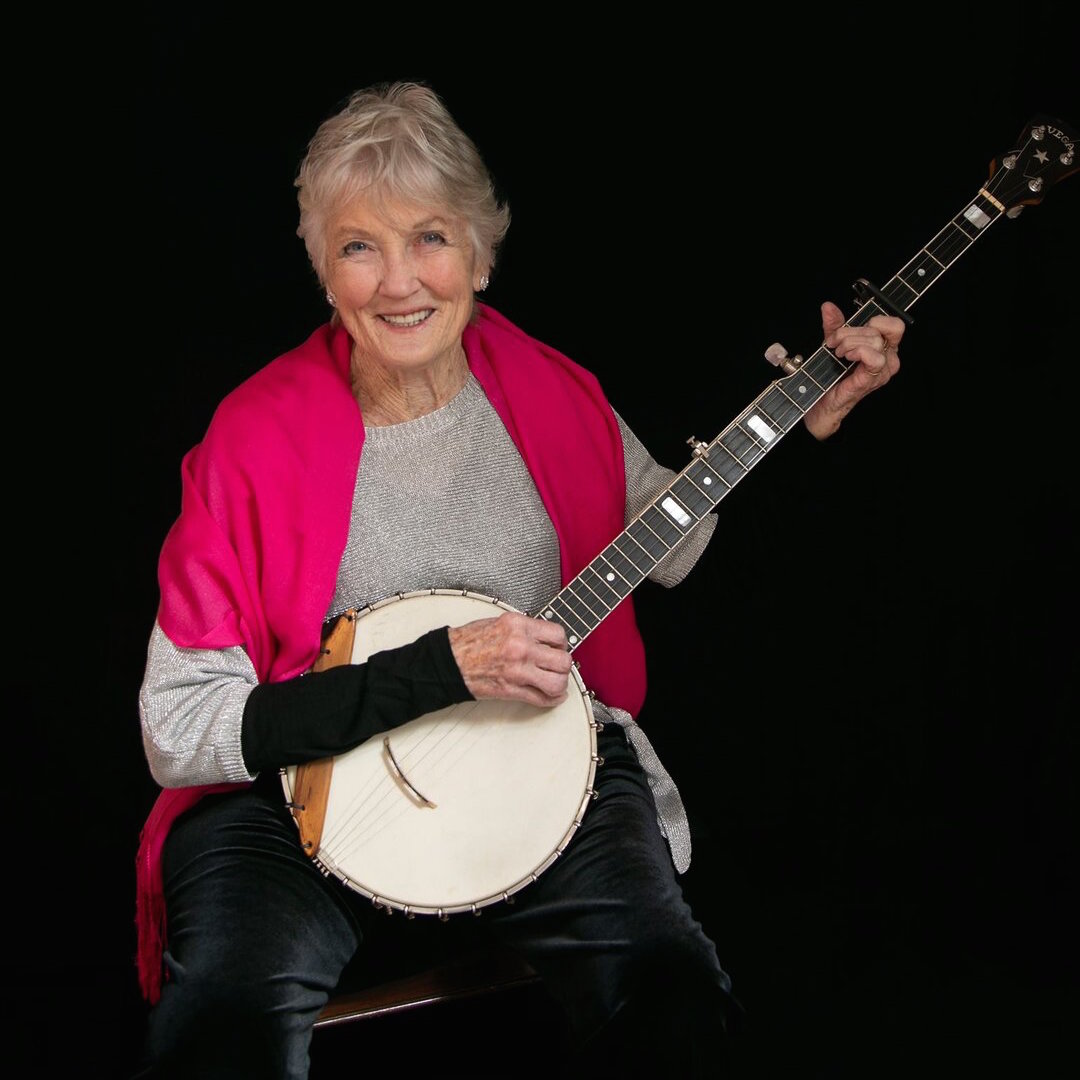
It seems that Peggy’s natural relationship with performance and writing is one that drives her to continue in the pursuit of what she loves. This seemingly untiring contribution to the arts appears to have only been bolstered by the inclusion of her family in her musical endeavours.
“My sons said, ‘what would you like for your 80th birthday?’ I said, ‘I really would like to do a tour with Calum and Neill, ’cause they’re my most favourite musicians to play with.’ We started out with the idea of a week and it turned out to be 16 days in a row.”
That’s when I started realising that I was not physically capable anymore of going out on my own and doing everything that is involved, which is an enormous amount of work. Getting the merge together, driving to the place, getting yourself into a BNB, having a rest, getting your food, going and setting up. I mean, it’s huge. So now, quite apart from the wonderful artistic sharing that I have with whichever of the boys I’m with, I have my manager traveling with me, my daughter-in-law and the sound engineer. So there’s four of us traveling in a crew van and they treat me like glass. I have so little to do, it is quite wonderful.”
Peggy is well known for her self-proclaimed, eco-feminist political stance and the inclusion of potent political commentary within her songs. Unlike the galvanising protest anthems of Billy Bragg or Dylan, Peggy Seeger tends to weave politics and the causes that concern her into her songs as eloquently sardonic reflections.
“I don’t think I have written songs that inspire people, if they’re on a demonstration or something like that. That’s not my strength. At the Million Woman March in Washington, DC, I was astounded to see 10 women all standing in a row, singing in unison, a song that I’d made called ‘Reclaim the Night’. I don’t know if you’ve heard it? It’s about rape and it’s very complicated. It’s got lots of words and it’s hard to sing everybody together and they sang the whole thing. All six verses with chorus. I would never have thought that would be a song that would be sung on a demonstration.”
After so many years of valuable contribution to the mutual mind of western society, it’s impressive that the critical observations on politics and society Peggy continues to write into her songs are as relevant and vital as ever, such as the teasingly titled track from the new album, ‘Lubrication’, which utilises wry double entendre to reflect on the role of fossil fuels.
“What I’m trying to do now is to join issues together. Like for instance, in the song ‘We Are Here’ there are two people who are sitting at a table, they obviously are a couple, and they’re just looking at their phones. The issue of people talking to each other, instead of talking through their phones is an issue of separation and of distance from people … in the middle of that
one of them interrupts the other one and points to an orange man strutting off the edge of the world. Well, we all know who that is! So you’ve brought politics into it. They both laugh and then one of them starts to cry. So you’re collating one issue with another; the inability to connect and this man who cannot connect with the world and with nature…
We’re taught to focus on a single issue. Once you hit university, you have to major in something. You can’t be an all round person. You become a biochemist or you become a geologist or you become a ‘whatever’, but very few people actually correlate one issue with another and co-relate this with that…which we’re having to do now with nature.”
With this observation, Peggy directs my attention to the lyrics of the chorus of “How I long for peace” from her latest album…
“How I long for peace among the peoples on the nations, how I long to hold the plunder of the wonders of creation. So war among peoples is war on nature, all in one chorus.”
One of Peggy Seeger’s earliest songs to become famous for challenging the status quo of gender politics was innocently titled, ‘Gonna Be An Engineer‘. Although enormous strides have been made in terms of gender equality and women’s rights since the day that was penned, there is still much ground to cover. It’s interesting to hear how Peggy views the progress that has occurred and the role she might have played in that.
“I never did want to be an engineer. I wrote it shortly after going to Corby and seeing a woman engineer operating a turn lathe. I was so impressed. She was only about 25/26, somewhere around there and there she was operating this huge machine.
It’s a very different scene from when I wrote that. Extremely different… I think it encouraged people, by just showing what was possible; you only need one woman to become an engineer and talk about it and in a musical way. It moves you on.”
It’s difficult to picture how it must feel to have contributed in a powerful way to a movement that made such a visibly positive impact on people’s lives.
“I don’t feel proud of myself. Pride is a male thing. Women, you don’t have to feel proud. You have to feel you’ve done a good job and you’re one of a lot of people who are all doing their own good jobs…when somebody comes up and said, my daughter became an engineer because of your song, I feel good for your daughter. I feel proud of your daughter. You know? All I did was push a button.”
Despite her lack of pride, Peggy Seeger is undoubtedly deserving of recognition for her part in inspiring positive change. Yet the urgent core at the heart of her particularly articulate message remains:
“The whole feeling of everything is run on an agenda that takes risks, and that is quite happy going to war, dressing up and just shooting people. I don’t understand why we allow this to happen, you know?
Men need to stand up at each other and shake their fists; ‘My building is taller than yours’, ‘Mine is longer than yours’, et cetera… I don’t think women would have created a nuclear bomb and dropped it on a city of a hundred thousand people. It’s not women who are walking into nursery schools and shooting them up. It’s not women who do the torturing. It’s not women that you have to be afraid of when you’re walking down the street at night.
…We don’t kill each other, you know? We don’t have that, horrifying violence; physical violence; being seemingly inoculated against killing, against taking life. Just stamping on a spider, cutting a tree down. It’s a bad dynamic.”
Peggy Seeger performs a socially distanced show at the English Folk Song and Dance Society at Cecil Sharp House, on Thursday 27th of May. Tickets for venue have sold out, but fortunately tickets to the live stream of the event are still available here. She will also be joining us on the live stream on the 8th of June 2021 at 8pm… can’t wait!
